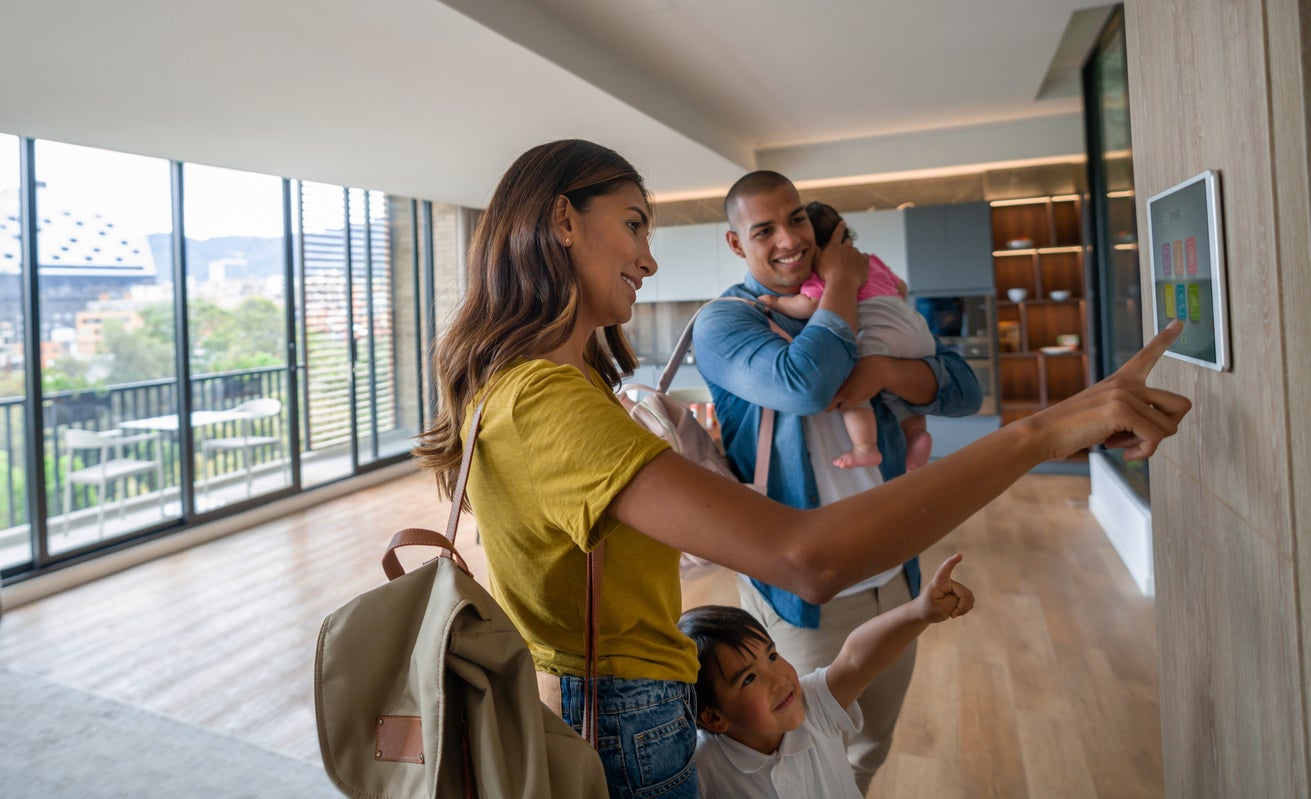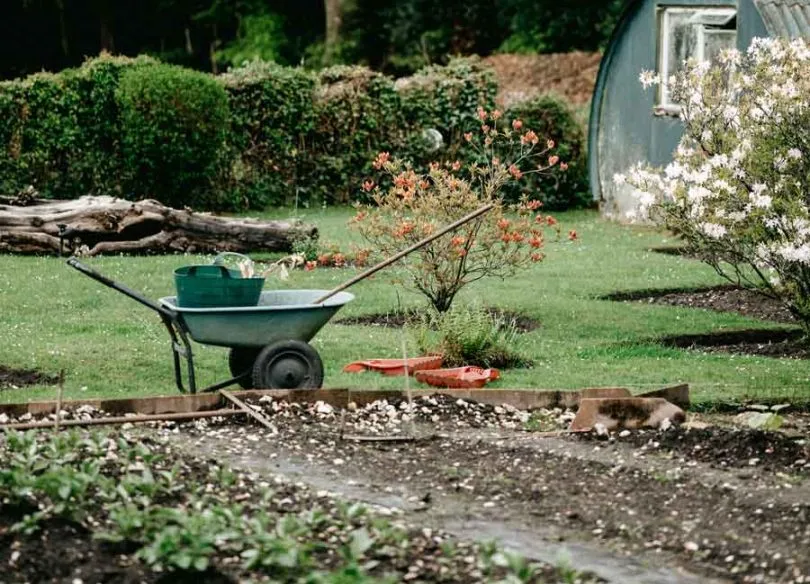Home Safety and Security Tips

Anúncios
You and your family should feel safe at home. By taking the right security measures, you not only protect your belongings, but also your family. In this article, we discuss important safety tips that everyone should use to make their home a safe place to live.
1. Install a Security System for Your Home
One of the best things you can do to keep your home safe is to invest in a good home security system. Modern security systems may include surveillance cameras, motion detectors, and alert systems. These gadgets work together to deter would-be burglars and notify you immediately if anything suspicious happens.
Anúncios
2. Block All Entrances
Make sure all doors and windows of your home are sturdy and properly locked. Install deadbolts on exterior doors and reinforce weak points such as door frames. To keep people out without permission, you may need to add locks or security bars to your windows.
3. Turn on the Lights in the House
Burglaries and accidents are much less likely to occur in well-lit areas. Install outdoor lighting around your home, especially near entrances and dark areas. Motion-activated lights are especially useful because they can catch potential attackers off guard and grab their attention.
Anúncios
4. Don’t Trust People You Don’t Know
Teach your family to be careful when talking to people they don’t know. Don’t give personal information to people you don’t know over the phone or at the door. Also, tell your kids not to open doors for strangers, even if they say they know them.
5. Keep Your Home Clean and Tidy
A well-maintained home feels like someone is there, even when you’re not there. When you go on vacation, ask a neighbor to pick up your mail and take care of your garden and shrubs. A cluttered house can indicate that it is empty, making it easy for thieves to break into.
6. Install Smoke and Carbon Monoxide Detectors
Home security means more than safety; it means security. This is also to protect your family from possible dangers. Install smoke detectors in the most important rooms of your home and check the batteries regularly. Also invest in a carbon monoxide monitor to avoid poisoning.
7. Have an Emergency Plan
Your family should discuss and develop an emergency plan together. The plan should include ways to leave the house in the event of a fire or other emergency. Drill regularly to make sure everyone knows what to do at an event like this. In the event of a disaster, careful planning can save valuable time and even lives.
8. Keep Valuables in a Safe Place
Keep valuables such as jewellery, important documents and cash out of sight and in a safe place. You may want to use a home safe to protect these items from thieves and other mishaps.
9. Make Your Home Safe for Children
If you have young children, make sure your home is safe for them. Install safety gates at the top and bottom of stairs, cover electrical outlets, and secure furniture and other heavy objects that could tip over.
10. Regularly Check and Repair Home Systems
Regularly check and repair your home’s systems, such as electricity, water, heating, and cooling. When systems do not work properly, dangerous accidents or incidents can occur.
Always remember that keeping your home safe is an ongoing process. Be vigilant and take action as you use these tips to make your home a safe place for you and your family. By making safety a priority, you can rest easy and focus on creating moments at home that you will never forget.
FAQs:
1. Why do you need a home security system?
A home security system provides an extra layer of protection for your home and loved ones. It deters would-be burglars, alerts you to suspicious activity and gives you peace of mind knowing your home is under surveillance even when you’re away.
2. How do I choose the right home security system for my needs?
Choose a home security system that meets your specific requirements. Consider factors such as the size of your home, the level of automation you want, the type of security equipment, and the reputation of the security provider.
3. Are outdoor surveillance cameras necessary?
Outdoor security cameras are highly recommended as they can help you monitor and record activities outside your home. They act as a deterrent to intruders and provide valuable evidence in the event of an incident.
4. What if my alarm clock goes off accidentally at home?
If your home alarm accidentally goes off, use your security system’s code or app to disable it immediately. Most security systems provide a grace period during which the siren can be turned off before notifying authorities or activating the siren.
5. Can I install a home security system myself or do I need to hire a professional?
Some basic security equipment you can install yourself, but for a comprehensive and reliable security system it is best to hire a professional. They can ensure correct installation, integration and testing of all components.
6. How often should I test smoke detectors and carbon monoxide detectors?
Test smoke detectors and carbon monoxide detectors at least once a month. Regular testing ensures that they work properly and that the battery is working properly.
7. What should I do in the event of a fire or other emergency?
Follow a pre-drawn emergency plan in the event of fire or other calamities. Evacuate the house using designated escape routes and gather outside at a predetermined safe location. Immediately contact the emergency services.





